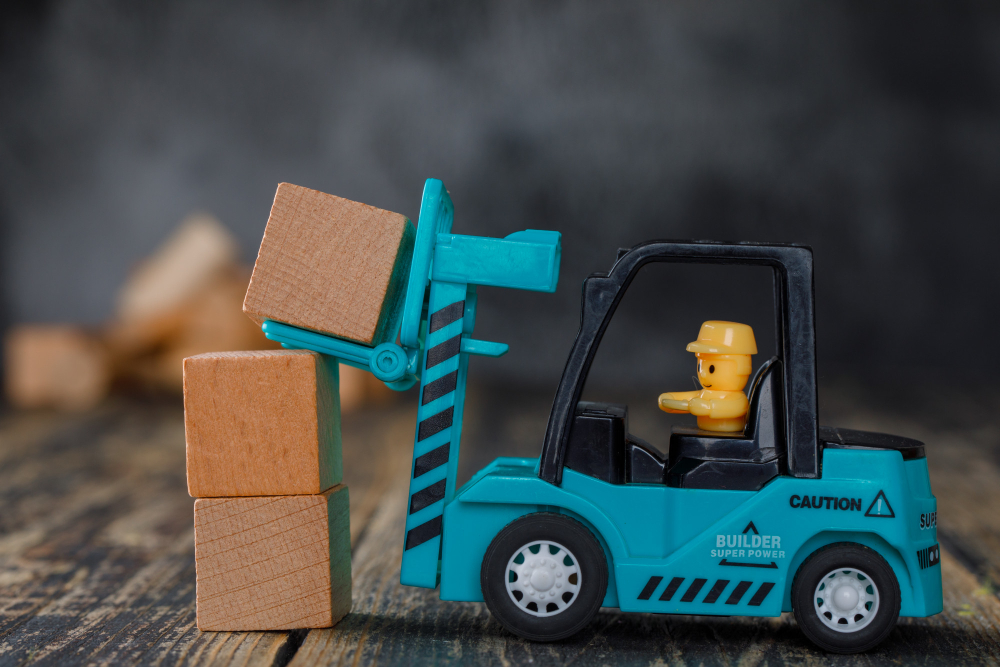Introduction
Toy sourcing is the process of finding and selecting the right toys to sell in a retail store or online marketplace. It is a critical aspect of running a successful toy business, as the quality, safety, and appeal of the toys you offer can greatly impact your customer satisfaction and overall profitability.
In this article, we will explore the key considerations and best practices for toy sourcing, including the importance of safety standards, assessing market demand, and building strong relationships with suppliers.
Safety Standards
The safety of the toys you offer is of utmost importance. Toys that are unsafe or pose a risk to children can not only harm your customers but also lead to legal liability and damage to your brand reputation.
It is important to familiarize yourself with the safety standards and regulations for toys in your region or country. For example, in the United States, the Consumer Product Safety Commission (CPSC) sets safety standards for toys, including limits on lead and phthalate content, as well as regulations for choking hazards and other potential dangers.
When sourcing toys, be sure to work with reputable suppliers who can provide documentation demonstrating compliance with safety standards. You may also consider conducting your own testing and inspections to ensure the safety and quality of the toys you offer.
Market Demand
Assessing market demand is another important aspect of toy sourcing. It is essential to understand what types of toys are popular with your target customers and what trends are driving demand in the market.
Researching industry trends, attending trade shows, and monitoring online marketplaces can help you stay up-to-date on what’s popular and identify emerging trends. Additionally, surveying your customers or conducting market research can provide valuable insights into their preferences and purchasing habits.
When selecting toys to stock, it’s important to strike a balance between popular items and more unique or niche products. Offering a variety of options can help you cater to different customer needs and preferences, while also helping you stand out from competitors.
Supplier Relationships
Building strong relationships with your toy suppliers is key to successful sourcing. Maintaining good communication, negotiating favorable terms, and establishing trust can help you secure reliable and high-quality toy products at a fair price.
When working with suppliers, it’s important to establish clear expectations for pricing, delivery times, and product quality. Be sure to negotiate favorable terms and build flexibility into your agreements to account for unexpected changes in demand or supply.
Regular communication with suppliers can also help you stay informed about potential supply chain disruptions, changes in product availability, or other issues that may impact your ability to source toys. By building strong relationships with your suppliers, you can establish a reliable and efficient sourcing process that benefits both parties.
Conclusion
Toy sourcing is a critical component of running a successful toy business. By prioritizing safety, assessing market demand, and building strong relationships with suppliers, you can ensure that your customers have access to high-quality and appealing toy products.
Remember to stay up-to-date on safety standards and regulations, conduct market research to identify trends and preferences, and maintain good communication and trust with your suppliers. By following these best practices, you can establish a strong sourcing process that drives customer satisfaction and business success.
